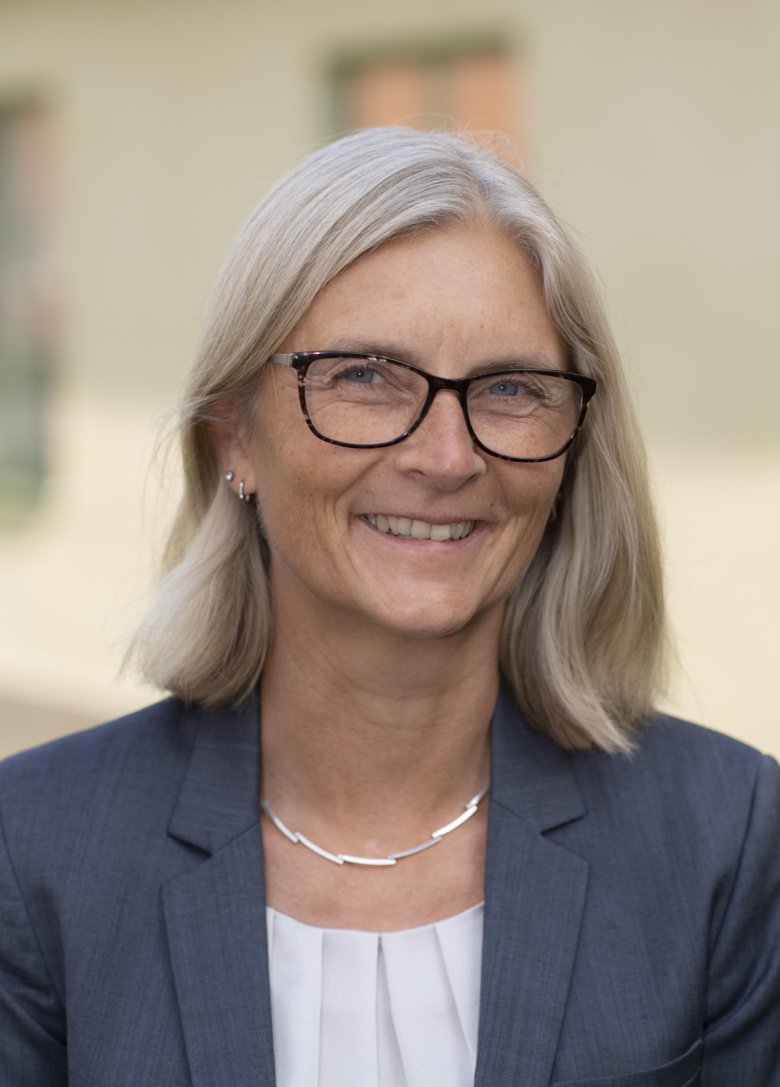Studying lymphoma from risks to treatment
Lymphoma is a common cancer that exists in many forms. Karin Ekström Smedby is mapping the epidemiology of the disease, from risk factors to survival. She is also researching new biomarkers that can lead to more efficacious treatment.

What are you researching?
“I’m an oncologist and am researching lymphoma, which is to say cancer originating in the white blood cells of the immune system. It’s the seventh most common cancer in Sweden today and actually comprises a large and diverse collection of sub- diagnoses, some of which are highly aggressive, while others develop so slowly that they might never need treating. Why patients are affected so differently is one of the questions that we’re trying to answer. One of my lines of research is epidemiological, and is based on health registries, quality registries and biobanks. The other part of my research is on new biomarkers that can help us give the patients more effective treatments.”
What does your epidemiological research involve?
“Many things, like risk factors, ad- verse reactions and life post-disease. There’s a significant excess risk for lymphoma that is associated with many autoimmune diseases and that was once thought to be drug-caused. We’ve shown that this isn’t the case – it’s rather the disease and the chronic inflammation itself that increases the risk of lymphoma. Arguably the most important thing from an international perspective is that we have contributed to our understanding of lymphoma at a population level and shown, amongst other things, that survival is better and the risk of relapse lower than previously thought."
"I’m also involved in a consortium of research groups from around 20 countries on genetic risk factors for lymphoma. Furthermore, I’m in charge of a national quality registry – the Swedish Lymphoma Registry – which plays an important part in the drafting of clinical guidelines and recommendations.”
And your research on biomarkers?
“For this I’m collaborating with clinical colleagues and laboratory research groups to find markers that can help us choose the right drug for any particular patient and indicate whether an ongoing treatment is having an effect. One of our lines of research here is analysing what’s known as cell-free tumour DNA in the blood.”
About Karin Ekström Smedby
Professor of Haematology-Oncology, focusing on Clinical Epidemiology at the Department of Medicine, Solna
Karin Ekström Smedby was born in Örebro in 1968. She graduated with a medical degree from Uppsala University in 1994 and obtained her MD licence in 1997. She earned her PhD at KI in 2005, after which she has combined research and clinical work at KI and Karolinska University Hospital, respectively. She was made docent in 2010 and became an oncologist in 2013.
Between 2014 and 2017, her work was part financed (50 per cent) by a grant from the Swedish Cancer Society. Ekström Smedby was made keeper of the Swedish Lymphoma Registry in 2014 and chair of the Nordic Lymphoma Group’s epidemiological team in 2015.
Karin Ekström Smedby was appointed Professor of Haematology-Oncology at Karolinska Institutet on 1 June 2021.
Text: Anders Nilsson
First published in the booklet From Cell to Society 2021
